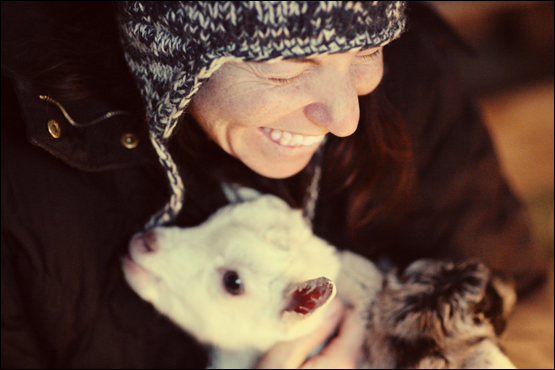You become the people you surrounded yourself with. Once you accept this, it's much easier to answer tough questions like “Where should I live?” or “What job's right for me?” or “Who should I marry?” I think the biggest barrier to making decisions based on how we become the people we hang out with is that we live in denial.
1. Geographic stereotypes are true.
When I moved from LA to NYC, I was horrified at the lack of yoga studios in NY. Yoga was already huge in LA, but not yet in NY. I was also scared that New Yorkers were always a little bedraggled, and I had just spent ten years learning how to look perfect everywhere I went in LA. It's fun. It's fun to have no weather and no fat and no rushing in LA. It's fun to get a day off from work to prepare for watching the Oscars. I grew up in Illinois, but I got used to living in LA.
The panic about New York was unnecessary, though. After ten years of living in NYC, when I imagined leaving, I thought I could never leave because the cultural opportunities are so amazing. The expertise people have in NYC is so vast and varied and I thought I'd never get that anywhere else.
When I left NYC I didn't care about looking perfect everywhere I went. I didn't care about the kind of car I drove. I was a New Yorker.
2. Never say never.
When I moved to Madison, WI, there were some things that were just plain shocking. There are no foreign cars here. I mean, maybe there are. Maybe ten percent of all people drive a foreign car. It's usually someone from out of state. Recently moved here. Because after you live here for a while, you get so used to the idea of driving a Ford that it doesn't seem weird. Read more




